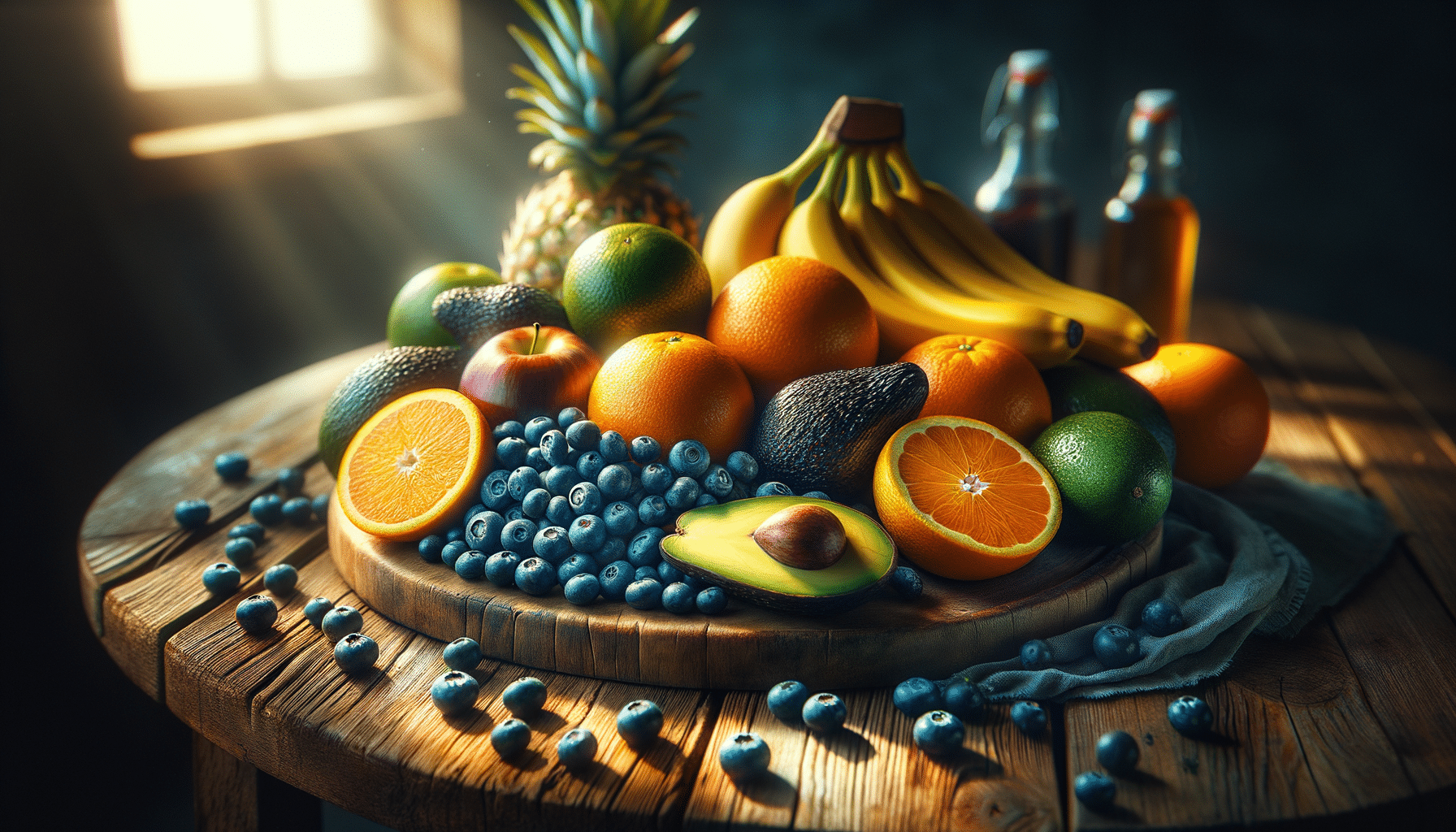
The Role of AI in Personalized Meal Planning
Imagine having a personal chef who knows your dietary preferences, nutritional needs, and favorite flavors, all while keeping your meals as diverse as they are delicious. Welcome to the world of AI-driven personalized meal planning, a revolutionary approach that combines the power of artificial intelligence with culinary creativity.
Artificial intelligence (AI) is transforming industries across the globe, and the culinary world is no exception. Personalized meal planning is one of the innovative cooking techniques gaining traction, thanks to AI’s ability to analyze vast amounts of data quickly and accurately. This transformation is not just about convenience; it’s about creating a tailored food experience that aligns with each individual’s lifestyle and health goals.
The Science Behind AI in Meal Planning
AI-powered meal planning utilizes algorithms that process data to suggest meals based on individual preferences, dietary restrictions, and nutritional requirements. According to a study conducted by the International Journal of Artificial Intelligence in Education, AI can analyze and adapt to user feedback, making it an effective tool for personalized nutrition.
Expert Insights
Nutritionist Lisa Brown explains, “AI’s ability to personalize meal plans is a game-changer for those with specific dietary needs. It allows for greater precision and customization than traditional methods.” This sentiment is echoed by many in the field, who see AI as a valuable ally in promoting healthier eating habits.
Statistics and Research
Research from the Food and Nutrition Journal highlights that AI-driven meal planning can reduce food waste by up to 25%, as meals are tailored to use ingredients more effectively. Additionally, personalized plans have been shown to improve adherence to dietary guidelines, with users reporting a 30% increase in satisfaction with their meals.
Real-Life Application
Take the example of Mark, a busy professional who struggled to maintain a balanced diet. Using an AI-powered meal planning app, Mark was able to input his dietary preferences and receive a week-long meal plan that suited his taste and nutritional needs. Mark found that not only did he save time, but he also discovered new recipes that aligned with his health goals.
Actionable Tips for Using AI in Meal Planning
- Start by identifying your dietary preferences and restrictions. This helps AI algorithms create a more tailored plan.
- Use AI apps that offer feedback loops, allowing you to adjust your preferences and improve accuracy over time.
- Look for AI solutions that integrate with grocery delivery services to streamline the shopping process.
Comparison Table: Traditional vs. AI-Driven Meal Planning
| Aspect | Traditional Meal Planning | AI-Driven Meal Planning |
|---|---|---|
| Customization | Limited | Highly tailored |
| Time Efficiency | Time-consuming | Quick and automated |
| Nutritional Accuracy | Generalized | Data-driven precision |
| User Feedback | Manual adjustments | Automated adaptation |
| Ingredient Utilization | May lead to waste | Optimized for less waste |
| Convenience | Moderate | High |
| Cost | Variable | Can be cost-effective |
| Recipe Discovery | Limited | Extensive and varied |
Frequently Asked Questions
How does AI improve meal planning?
AI improves meal planning by analyzing dietary preferences, nutritional needs, and user feedback to create customized meal plans.
Are AI meal planning apps expensive?
Costs vary, but many AI meal planning apps offer both free and premium options, making them accessible to different budgets.
Can AI help with special dietary requirements?
Yes, AI can effectively cater to special dietary needs by customizing meal plans to meet specific nutritional guidelines.
Conclusion
AI in personalized meal planning is more than just a technological advancement; it’s a step towards a more customized and sustainable approach to eating. By leveraging AI, individuals can enjoy meals that cater to their unique tastes and health goals, all while reducing waste and saving time. As AI continues to evolve, its role in personalized nutrition is set to expand, offering exciting possibilities for the future of cooking.


